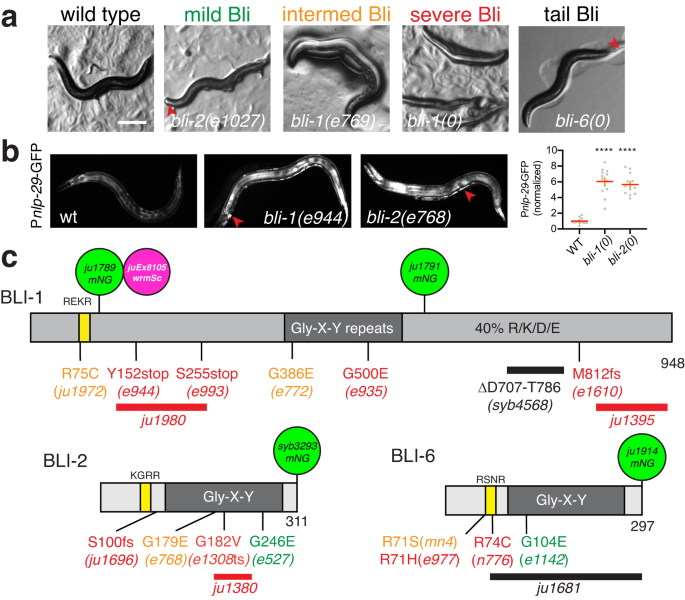2023-12-21 ヒューストン大学(UH)
◆この研究は、アメリカ心理学会のジャーナル「Psychological Bulletin」に掲載され、50年以上にわたる睡眠不足と気分に関する研究を総合的にまとめたもので、30%以上の大人と最大90%のティーンエイジャーが十分な睡眠をとっておらず、これが感情に強力な影響を与える可能性があると報告されている。
◆研究結果によれば、睡眠不足がポジティブな感情を減少させ、不安症状を引き起こすことが確認され、特に喜び、幸福、満足などの感情に対する影響が顕著である。将来の研究では、複数の夜の睡眠不足の影響や、なぜ一部の人々が睡眠不足の影響をより受けやすいのかを調査する予定であり、睡眠不足が広く影響する社会において、個別および公衆の健康への重要性が強調されています。
<関連情報>
- https://uh.edu/news-events/stories/2023/december-2023/12212023-alfano-sleep-research-compilation-decades.php
- https://psycnet.apa.org/doiLanding?doi=10.1037%2Fbul0000410
睡眠喪失と感情 50年以上にわたる実験的研究の系統的レビューとメタ分析。
Sleep loss and emotion: A systematic review and meta-analysis of over 50 years of experimental research.
Palmer, C. A., Bower, J. L., Cho, K. W., Clementi, M. A., Lau, S., Oosterhoff, B., & Alfano, C. A.
Psychological Bulletin Published:2023
DOI:https://psycnet.apa.org/doi/10.1037/bul0000410

In a largely sleep-deprived society, quantifying the effects of sleep loss on emotion is critical for promoting psychological health. This preregistered systematic review and meta-analysis quantified the effects of various forms of sleep loss on multiple aspects of emotional experiences. Eligible studies used experimental reductions of sleep via total sleep deprivation, partial sleep restriction, or sleep fragmentation in healthy populations to examine effects on positive affect, negative affect, general mood disturbances, emotional reactivity, anxiety symptoms, and/or depressive symptoms. In total, 1,338 effect sizes across 154 studies were included (N = 5,717; participant age range = 7–79 years). Random effects models were conducted, and all forms of sleep loss resulted in reduced positive affect (standardized mean difference [SMD] = -0.27 to -1.14), increased anxiety symptoms (SMD = 0.57–0.63), and blunted arousal in response to emotional stimuli (SMD = -0.20 to -0.53). Findings for negative affect, reports of emotional valence in response to emotional stimuli, and depressive symptoms were mixed and depended on the type of sleep loss. Nonlinear effects for the amount of sleep loss as well as differences based on the stage of sleep restricted (i.e., rapid eye movement sleep or slow-wave sleep) were also detected. This study represents the most comprehensive quantitative synthesis of experimental sleep and emotion research to date and provides strong evidence that periods of extended wakefulness, shortened sleep duration, and/or nighttime awakenings adversely influence human emotional functioning. Findings provide an integrative foundation for future research on sleep and emotion and elucidate the precise ways that inadequate sleep may impact our daytime emotional lives. (PsycInfo Database Record (c) 2023 APA, all rights reserved)


